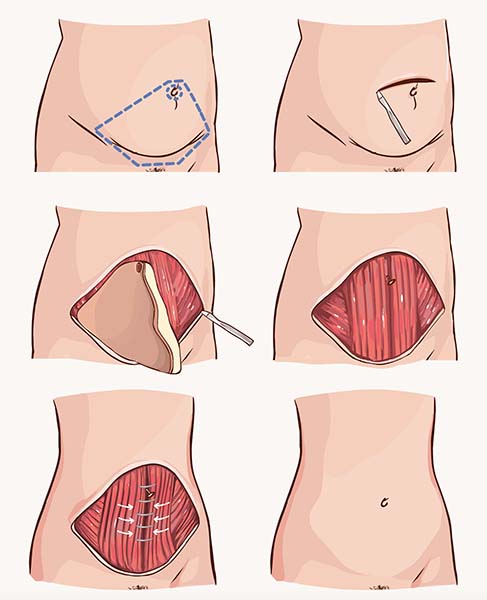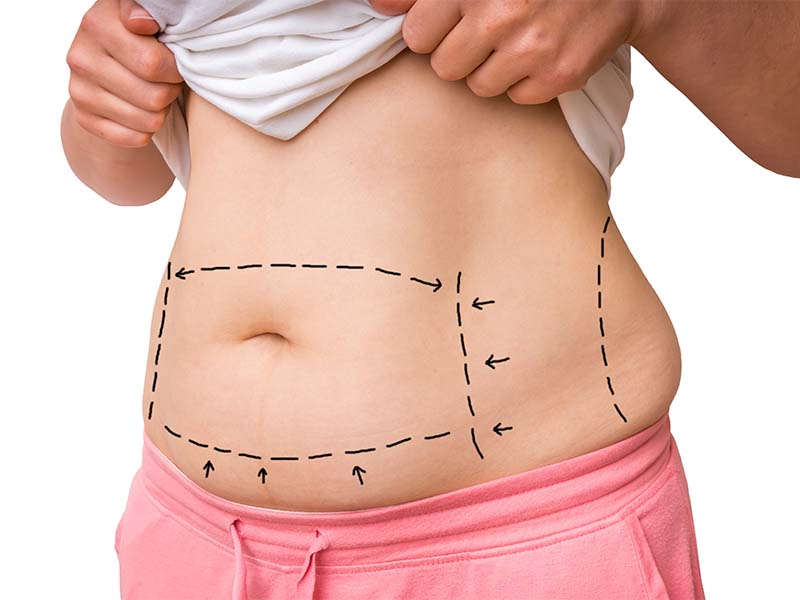Abdominoplasty or simply known as tummy tuck, is a cosmetic procedure that flattens the abdominal area by removing excess fat and skin. It may also rebuild weakened or separated muscles to create more smoother and tighter abdominal. The remaining skin is then repositioned to create a more toned look. People may choose to get tummy tuck for number of reasons such as; loose skin after drastic weight loss, slack abdominal skin and muscles after pregnancy, abdominal scarring from earlier surgery or injury. It is also possible to remove some pregnancy marks and make others less noticeable through the abdominoplasty. You can also opt to get a partial abdominoplasty, or mini tummy tuck, is a less complex procedure with shorter incisions. It is suitable for patient who with fat localized in the lower parts of abdominal. This procedure less scaring due to usage of shorter incisions and have lesser recovery time compare to standard procedure.
For better results proper preparation for your operation is vital. Your surgeon will explain every detail about the procedure. Your surgeon also may advise you to lose excess fat, make you stop taking contraceptive pills to reduce the chances of a blood clot and ask you to stop smoking at least 2 for weeks prior to operation.



-024.jpg)